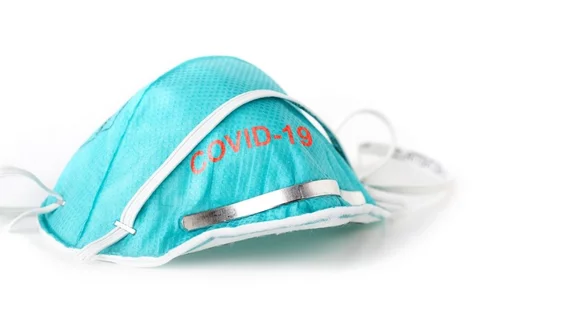MRI evidence finds COVID-19 harms many areas of the brain, even in mild cases
New imaging evidence suggests COVID-19 harms multiple areas of the brain, even in patients with mild cases.
Oxford University researchers found people with the novel virus had grey matter loss in three parts of the brain, including those related to smell and taste. It is the first study to compare brain MRI scans both before and after participants were diagnosed with the coronavirus.
The 32-page study was published June 15 on the open-source server medrxiv.org and has yet to be peer-reviewed.
Aditi Nerurkar, MD, MPH, a physician and lecturer on global health and social medicine at Harvard Medical School, discussed the study with NBC News on Saturday. She said it adds another piece to the long-COVID puzzle.
“We’re seeing a shrinkage in the study in three main areas, and these areas are responsible for taste and smell, memory, and emotion,” Nerurkar was quoted as saying to the news outlet.
Experts from Imperial College London and the National Institutes of Health joined Oxford University in this investigation. Overall, it utilized brain scans gathered three years apart, on average, from 394 people diagnosed with COVID-19 and 388 controls. Many of those with the virus experienced mild infection.
Upon inspection, the authors found “significant, deleterious” impact on the olfactory and gustatory cortical systems, areas of the brain linked to senses such as smell and taste.
The researchers also found a loss of grey matter in memory-related brain regions, which could increase patients’ risk of developing dementia over the long term, the group explained.
They could not confirm if grey matter loss was a direct result of the virus spreading into the brain or another effect of the illness
"There is a fundamental need for more information on the cerebral effects of the disease even in its mildest form," the authors wrote.
You can read the entire preprint study here.

